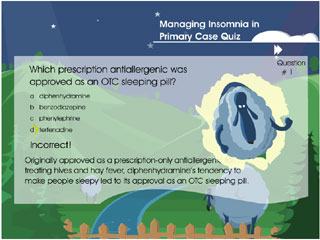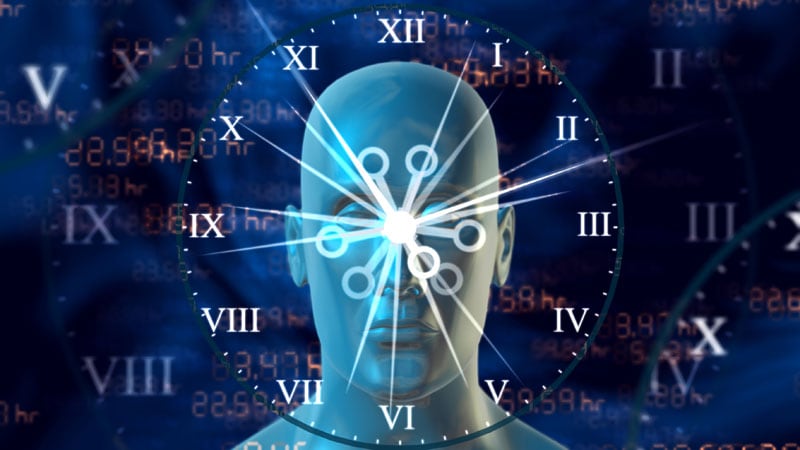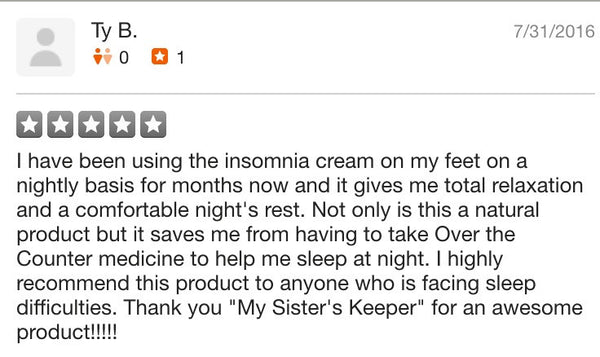
Also, you’re part of the Behavioral Sleep Medicine Program, here at Penn State Health. Either in this interview or in the comment field. And we’ll make sure we get you some answers. Whether you’re watching this video live or on playback. Just put them in the comment field, below this Facebook post. Julio-Fernandez-Mendoza, who welcomes your questions. Scott Gilbert – You’re watching “Ask us Anything About Insomnia,” from Penn State Health. So, it’s an acute phenomenon that resolves by itself. But it doesn’t mean that you have a disorder. So, here I always bring up an example of when you have not so much a chronic pain problem, but an acute pain problem, you may sleep poorly that night, too. So, basically, poor sleep when you’re going through a stressful event. Because technically, when you have acute insomnia, it is usually stress related. Now, traditionally, we always use the cutoff of one month. Acute insomnia would be that that happens within the first three months. Acute insomnia is what? A more confined amount of time?ĭr.

Scott Gilbert – And so, that’s chronic insomnia. Now, in my clinical experience, most people with an insomnia disorder, have had it for years. And a very important one is daytime impairment in the form of being worried about your insomnia in itself, right? Apart from that, then we define it as chronic, when it has happened at least three months or more.

But also, mood disturbance or social discomfort. And that daytime impairment can be fatigue, which is very common. And they have to be associated with some form of daytime impairment. And those sleep difficulties happen at least three nights per week.

Which is when you wake up earlier than desired, way before you have to. Or something called early morning awakening. So, people with chronic insomnia are those who have difficulty falling asleep or staying asleep. But there is 10% of the population that actually would have chronic insomnia. Or, for example, going on a trip, right? We all have had the experience of having to go on a trip and the previous night, sleeping poorly. Work related, like an important meeting the next day. But actual hassles that you have in a daily basis. Julio Fernandez-Mendoza – Like, the difference between poor sleep and insomnia as a disorder, right? So, as you mentioned, most people have difficulty sleeping, for example, in relationship with stressful events. Where is that line? Where is that considered insomnia, versus just a little trouble getting to sleep?ĭr. I mean, for example, we all have trouble sleeping sometimes. Love to talk to you a bit about insomnia. Julio Fernandez-Mendoza – Thank you for having me. He’s a clinical psychologist here at the Penn State Health Sleep Research and Treatment Center. But better for you, may be some information of the causes and treatment of it. If you’re one of those thousands and thousands of people who suffer from it, that’s probably little consolation. Insomnia is one of the most commonly reported sleep problems.
#I THINK I HAVE INSOMNIA QUIZ TV#
At risk of sounding like a TV commercial, are you having trouble sleeping? And if so, you’re far from alone.

Scott Gilbert – This is, “Ask Us Anything About Insomnia.” I’m Scott Gilbert. Julio Fernandez-Mendoza and Scott Gilbert. Two people are standing next to each other. Description – The video begins inside a sleep research room at the Penn State Health Sleep Research and Treatment Center.


 0 kommentar(er)
0 kommentar(er)
